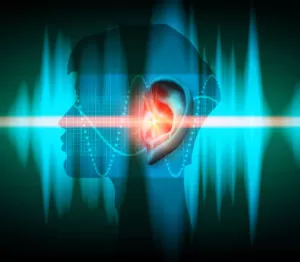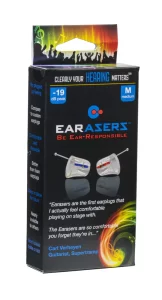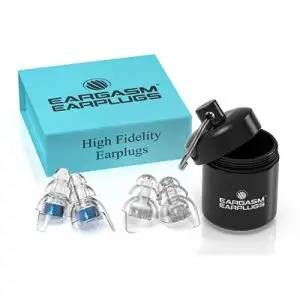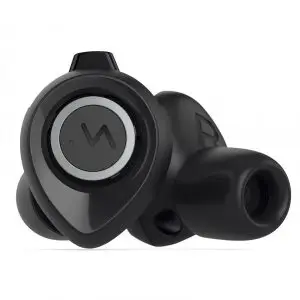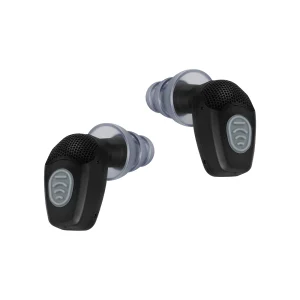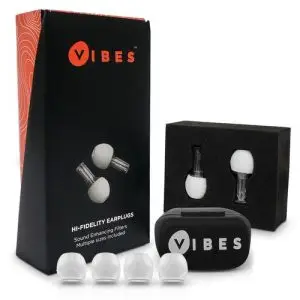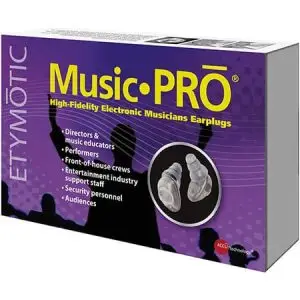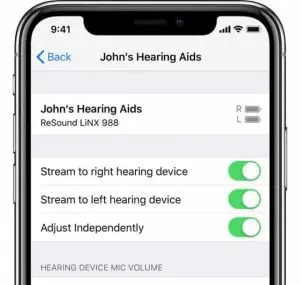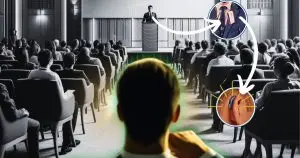Your hearing is precious, take care of it and protect your hearing
Caring for it is important, even when young, so it doesn’t catch up with you when you’re older. Parents,
grandparents, teachers… they all tell you to do this or do that and you may not want to listen, but with your hearing on the line, it is important you do. You might get older and wish you had.
But what can you do to prevent hearing loss in later years? There are several things you can do to protect your hearing, so let’s look at them now.
Wear A Helmet
Getting a good knock on the head when playing sports can affect your hearing, whether right away or later down the line. Tinnitus, or ringing in the years, can happen immediately and fade away. However, this doesn’t mean damage wasn’t done. You might think wearing a helmet makes you look silly but having to ask people what they said over and over again as you get older will make you look even sillier.
Protect Your Hearing with Ear Protection
Ear protection is recommended in a variety of situations. Most gun ranges will require you to wear ear protection when using a firearm. Workers who operate heavy machinery should always use ear protection. When at home and using power tools, ear protection can help to minimize the damage done to your hearing. You wouldn’t think it, but even the use of a lawn mower regularly can cause hearing loss.
Turn Down The Volume
This is the one that bears repeating. You probably have heard it dozens of times, or even hundreds if you don’t want to listen, but loud music damages your hearing. If you like wearing headphones turned up loud when you are young you will probably have to wear a hearing aid turned up loud
when you are older. Who wants that, right? Turn down the music and your ears will thank you.
There are many things you can do proactively to care for your hearing. While some hearing loss may not be avoidable, you can still protect your hearing when younger to minimize any damage. That doesn’t mean you can’t have fun but be smart about it. Wear a helmet, wear ear protection, and
don’t turn up the music too loud. If you think you may have already damaged your hearing, or you want to make sure you haven’t, give Kim Fishman, Audiology a call and we can arrange a hearing test. Plus, we can give you tips on how to further care for your hearing; keeping your conversations clear and music crisp for a long time.

